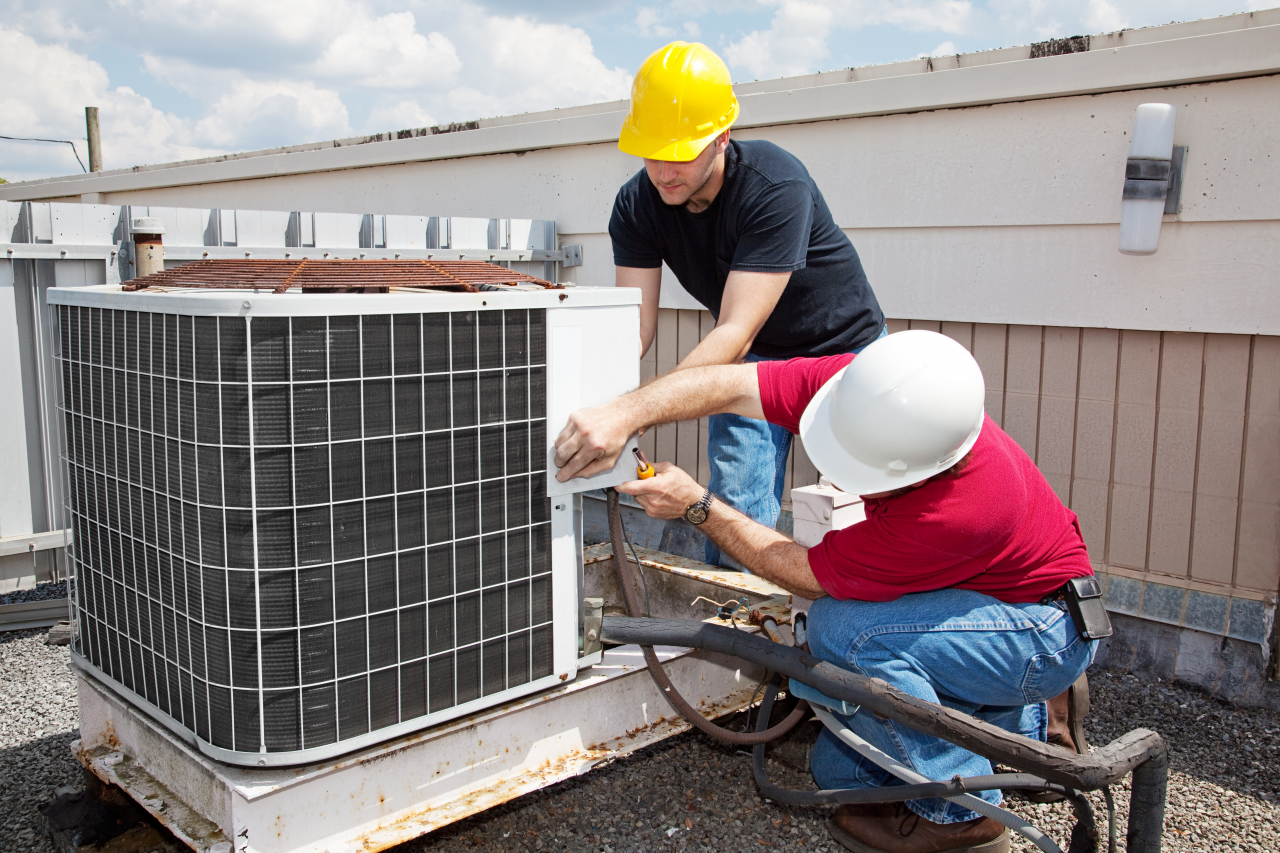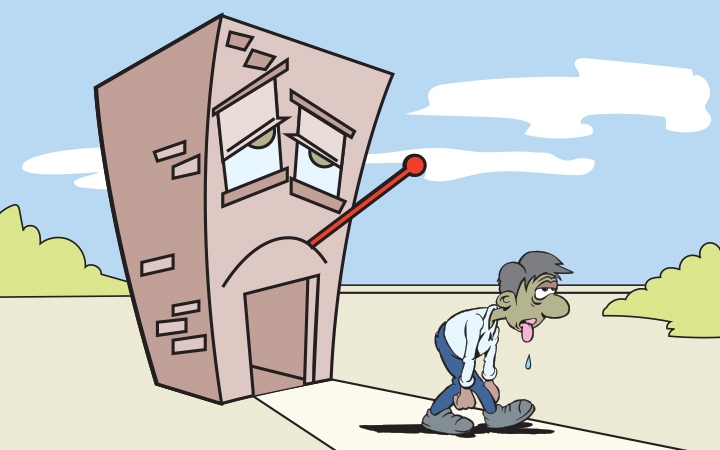The second you enter your workplace you have a thousand things on your mind. You may be worrying about how full your inbox is, how a meeting with a client went, or if your project is where it should be on the timeline you reviewed last week. As you hastily pour yourself a cup of coffee and rush to get started on the next eight hours of work, the last thing you’re thinking about is the quality of the air you’re breathing while you do it.
Unfortunately, many workplaces have poor indoor air quality. As an employee, breathing polluted air all day is undoubtedly bad for you, and employers may be tempted to avoid changing things to avoid incurring additional costs. Employers should know that keeping air quality poor in many cases costs them more money than those repair costs could, and most certainly impacts their bottom line more than they realize.
Why Worry About the Air?
We know plenty about why we should be concerned about air pollution across the globe. We regulate what factories are allowed to release into the air during the process of their work, we make sure that cars meet specific regulations before they’re allowed on the road, and we penalize those who break these rules. We know that second-hand smoke can be dangerous and that spotting smog on the Los Angeles horizon is bad news for our lungs.
But did you know that according to the EPA, the air indoors can be two to five times more polluted than it is outside? The symptoms of suffering from indoor air pollution are more subtle, though that’s also possibly just because we aren’t looking for them as closely. Come two in the afternoon you could find yourself with an inexplicable headache, watery eyes or a cough. You may even feel a little nauseous. But the symptoms may not stop there: sitting around indoors breathing polluted air into your lungs for hours on end can lead to an increased risk of developing asthma, allergies, and even serious pulmonary infections.
Impact on Employee Productivity
Many businesses now enact health initiatives at work such as providing stipends to employees who bike to work, and providing healthy snacks in break rooms instead of the traditional donuts and bagels. On some level, then, companies must realize that the health of their employees has an effect on the quality of work they do. Healthy employees are physically in the office more often. They don’t need to call in sick and they don’t have to call the doctor. Doctors’ visits incur costs on employer-provided health plans, which is an additional expense. Healthy and happy employees also perform better in general. An exhausted employee suffering from a pounding headache isn’t going to get through their work with the same enthusiasm as a healthy employee.
Air quality rarely enters this conversation, which is a shame since it has such a heavy impact on our health. Anything from chemicals released into the air during the normal course of business to old dirty HVAC systems to even just running the copier and printer all day can release particles into the air that infect the throat, nose, and lungs of employees working in that environment. Many studies have also shown the impact of heat on dangerous particles in the air: when it’s hotter these particles cause even more harm, and in environments that have lots of equipment that generates heat this can mean an even more uncomfortable experience.
Cleaning up the air at work can go a long way to making employees happier and healthier. In fact, according to research done by the Lawrence Berkeley National Laboratory, workforce performance alone can be improved by up to 10% through improving air quality alone.
What the Government Says
Congress passed the Occupational Health and Safety Act in 1970 in order to require that companies keep a safe and healthy working environment for their employees and that definitely covers air quality. For starters, you’re entitled to breathe smoke-free air. Workspaces should allow you to do your job without having to inhale harmful tobacco smoke while doing it, and the American Lung Association has called on individual states to make similar requirements at the state level. The laws on a grand scale are vague, but at the bare minimum, your employer is required to provide you with a primary place of work where breathing isn’t doing you more harm than good. Most states have specific regulations on the books as to what that might mean for you and your industry, so look up your state to see what your employer is required to do and provide.
Even with regulations in place to protect the quality of the air breathed by employees across the country, the sad fact of the matter is that many companies aren’t providing their spaces with healthy air. If you and your coworkers find yourselves suffering from similar symptoms during the day and think it may be connected to air pollution in the office, consider bringing it up in a meeting or bringing it to the attention of HR. A simple conversation may be all it takes to bring it to the attention to your company, letting you breathe a little easier throughout your work day.
What do you think about cleaning up the air at the office?
Kevin Burns is the President of Bob Jenson Air Conditioning in San Diego with over 29 years of experience in the HVAC Field. He has worked in every aspect of the industry and has trained dozens of people. He has a passion for doing what’s right for each home and customer and sets this standard for his entire team.




















































































































































































